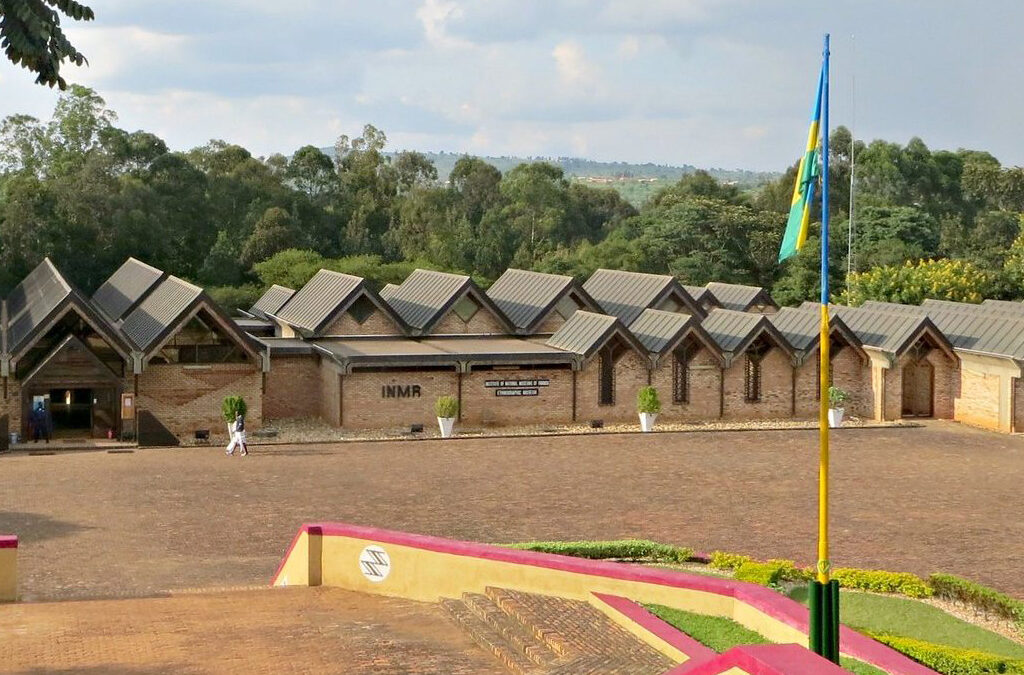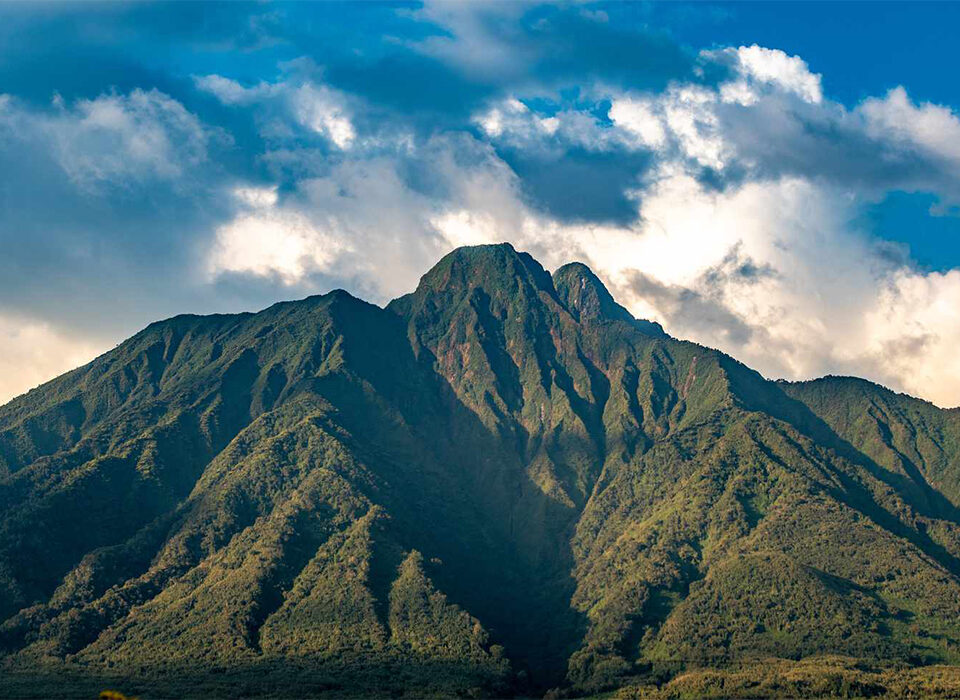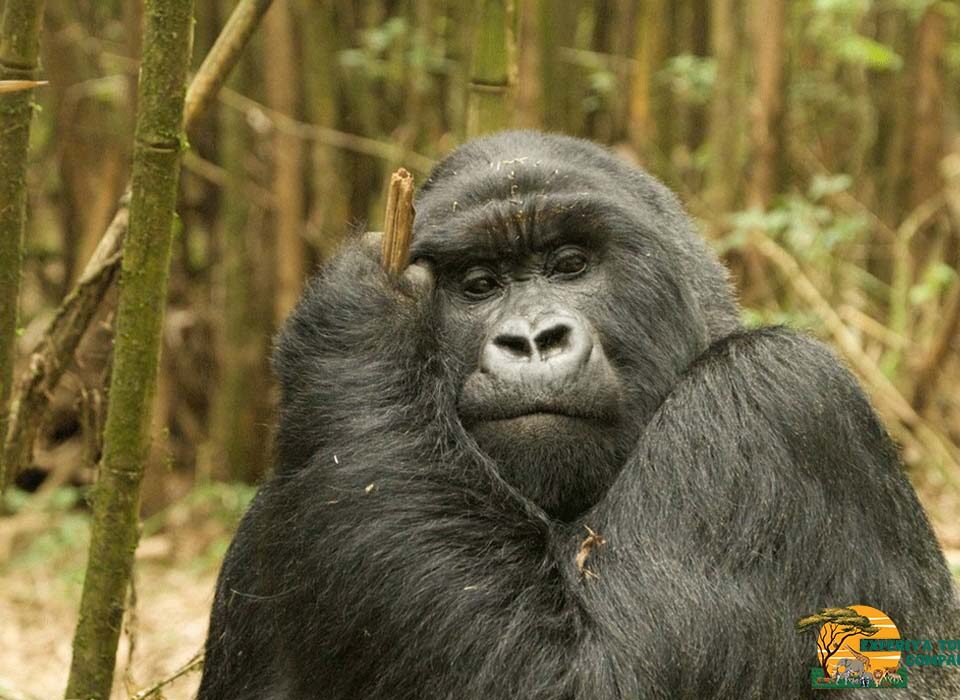
What is the Temperature for Gorilla Trekking in Uganda?
August 21, 2025
Advantages of Gorilla Tourism in Uganda and Rwanda
August 27, 2025The Ethnographic Museum – Preserving Rwanda’s Cultural Heritage

The Ethnographic Museum – Preserving Rwanda’s Cultural Heritage
The Ethnographic Museum, formerly known as the National Museum of Rwanda, is one of the most important cultural institutions in the country. Located in Huye District once called Butare it is often referred to as the Huye Museum Rwanda or Butare Museum. This remarkable center offers visitors an unparalleled journey into Rwanda’s history, traditions, and cultural heritage.
As one of the largest and most comprehensive museums in East Africa, the Ethnographic Museum is both a hub for researchers and a must-visit attraction for cultural enthusiasts and travelers. Its vast collections showcase the evolution of Rwanda through historical artifacts, traditional crafts, and ethnographic exhibits, allowing visitors to deeply connect with the spirit of ancient and modern Rwanda.
History of the Ethnographic Museum
The museum was established in 1989 with the support of the Belgian government, originally under the name National Museum of Rwanda. Later, it became part of the Institute of National Museums of Rwanda, highlighting its expanded role as a guardian of the nation’s traditions and stories.
This transformation reflects Rwanda’s resilience and its strong commitment to preserving cultural heritage. The Ethnographic Museum houses permanent exhibitions and rotating displays that illustrate the country’s journey through the pre-colonial, colonial, and post-independence eras, including legacies from the Rwanda Kingdom Museum era.
What to See at the Ethnographic Museum
Visitors will discover an impressive range of cultural and historical treasures. Highlights include:
- Traditional tools and musical instruments that depict everyday life.
- Royal regalia and ceremonial attire showcasing Rwanda’s monarchy.
- Handcrafted items such as pottery, weaving, and baskets.
- Archaeological finds and ancient hunting tools, preserved for centuries.
Even the museum’s architecture is a work of art, symbolizing Rwandan design and aesthetics. This makes it a rewarding destination not only for history lovers but also for admirers of cultural artistry.
Activities at the Ethnographic Museum
The museum offers more than static exhibits it provides immersive cultural experiences. Activities include:
- Guided tours, where expert guides explain the meaning behind each display.
- Cultural performances and storytelling sessions, bringing history to life.
- Hands-on demonstrations, such as basket weaving, pottery, and traditional drumming.
- Educational programs and collaborations with other museums across Rwanda.
These activities ensure visitors leave with a deeper appreciation of Rwanda’s living traditions.
Cultural Significance and Education
A special section, often called the Huye Kings Museum, is dedicated to Rwanda’s monarchy. It displays royal artifacts, ceremonial items, and historical accounts of governance systems in ancient Rwanda.
The Ethnographic Museum also serves as an important educational hub. Scholars researching Rwanda’s traditions, social structures, and transformations frequently use its collections. Schools and universities regularly organize visits, making it an essential learning site for younger generations.
Combining the Ethnographic Museum with Other Rwanda Attractions
Thanks to its location in Huye, the museum can easily be combined with other Rwanda cultural tours. Many travelers pair a visit here with:
- The King’s Palace Museum in Nyanza.
- Gorilla trekking in Volcanoes National Park.
- Wildlife safaris in Akagera National Park.
For those with more time, Experiya Tour Company can design a comprehensive Rwanda cultural safari that combines museums with music, dance, and traditional village experiences.
Why Visit the Ethnographic Museum
A visit to the Ethnographic Museum is far more than a sightseeing stop—it is a gateway into the heart of Rwandan identity. From the vibrant colors of traditional attire to the delicate craftsmanship of ancient artifacts, every corner of the museum tells a story of resilience, pride, and cultural continuity. Whether your interest lies in ancient Rwanda, colonial history, or contemporary culture, this museum offers a complete and authentic experience.
Booking Your Visit with Experiya Tour Company
Experiya Tour Company makes it simple to plan your trip to the Ethnographic Museum in Huye. Our tours include:
- Private transportation.
- Professional cultural guides.
- All entry fees.
You may choose a single-day cultural tour or integrate the museum visit into a longer Rwanda history and culture itinerary.
For bookings and inquiries, contact us at info@experiyatourcompany.com. Step into the world of ancient Rwanda and immerse yourself in the traditions preserved within this extraordinary museum.
Popular Tour Packages
- 2 Days Bwindi Gorilla Trek
- 2 Days Golden Monkey Trekking in Rwanda
- 3 Days Rwanda Gorilla Tour and Golden Monkeys
- 3 Days Lake Bunyonyi and Gorilla Trekking
- 3 Days Masai Mara National Reserve Safari
- 4 Days Queen Elizabeth Safari
- 5 Days Murchison Falls Safari
- 5 Days Uganda Primates Safari
- 6 Days in Kibale, Bwindi and Murchison Falls



